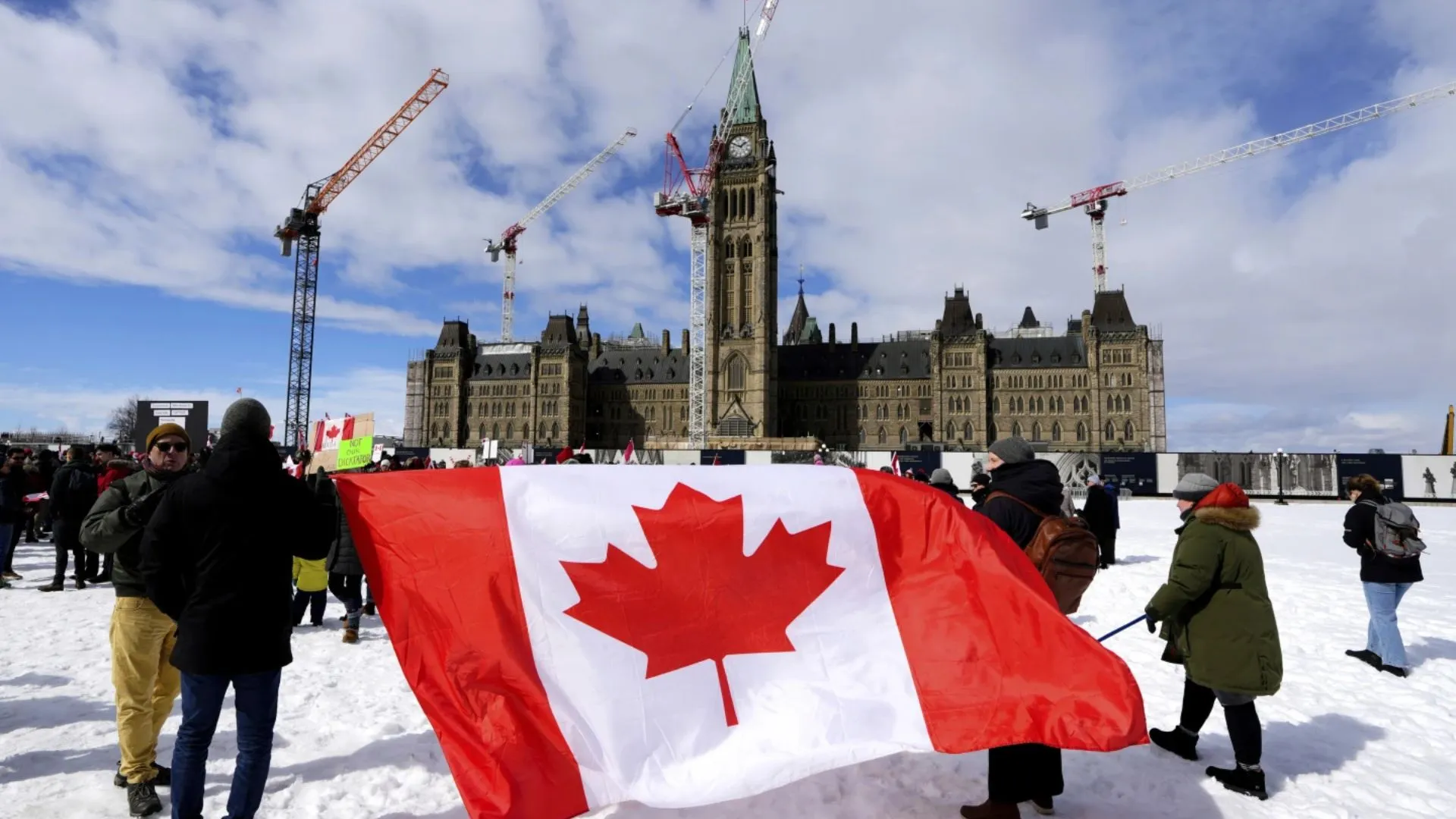Since India’s first budget in 1950, several traditions have defined this annual event. Traditionally held on the last working day of February, Finance Minister Arun Jaitley shifted the budget date to February 1 in 2017 to allow more time for planning by ministries, tax departments, and citizens.
Timing of Budget Presentation
Another notable tradition is the fixed timing of the budget presentation at 11:00 am, a change initiated by Finance Minister Yashwant Sinha in 1999 from the previous 5:00 pm timing. This adjustment aligned with historical practices when British officials in the ‘House of Lords’ and ‘House of Commons’ set the budget presentation time at 11:30 am in London, translating to 5:00 pm in India.
READ MORE: Delhi Metro Sets New Standard With International Flight Check-In Services
Security Measures for Budget Papers
Security around budget papers has evolved significantly. Following a leak in 1950 under Finance Minister John Matthai, budget printing moved from Rashtrapati Bhawan to Minto Road. Currently, it occurs in the North Block basement with stringent security measures like phone tapping, surveillance, and electronic sweeps to prevent leaks.
Halwa Ceremony Tradition
A unique precursor to the budget presentation is the Halwa Ceremony, where the Finance Minister serves halwa to around 100 officers and staff involved in printing the budget papers. These individuals remain secluded in the Finance Ministry’s North Block for a week without mobile phones, ensuring secrecy until the budget unveiling.
Historical Budget Milestones
India’s first budget post-independence was presented on November 26, 1947, by Finance Minister R K Shanmukham Chetti, with total revenues reaching INR 171 crore. Former Prime Minister Morarji Desai holds the record for presenting the most budgets (10), likened to Sachin Tendulkar’s cricket records. Other notable budgetary milestones include Yashwantrao Chavan’s ‘Black Budget’ in 1973-74, Manmohan Singh’s transformative ‘Epochal Budget’ in 1991, and P Chidambaram’s ‘Dream Budget’ in 1997-98, credited with boosting the IT sector and sparking an economic boom.
Finance Minister Nirmala Sitharaman, having presented her third budget this year, continues this storied tradition of shaping India’s financial future through annual budget presentations.
ALSO READ: Indian Exports Shine Through Global Challenges In First Quarter: CRISIL Report























